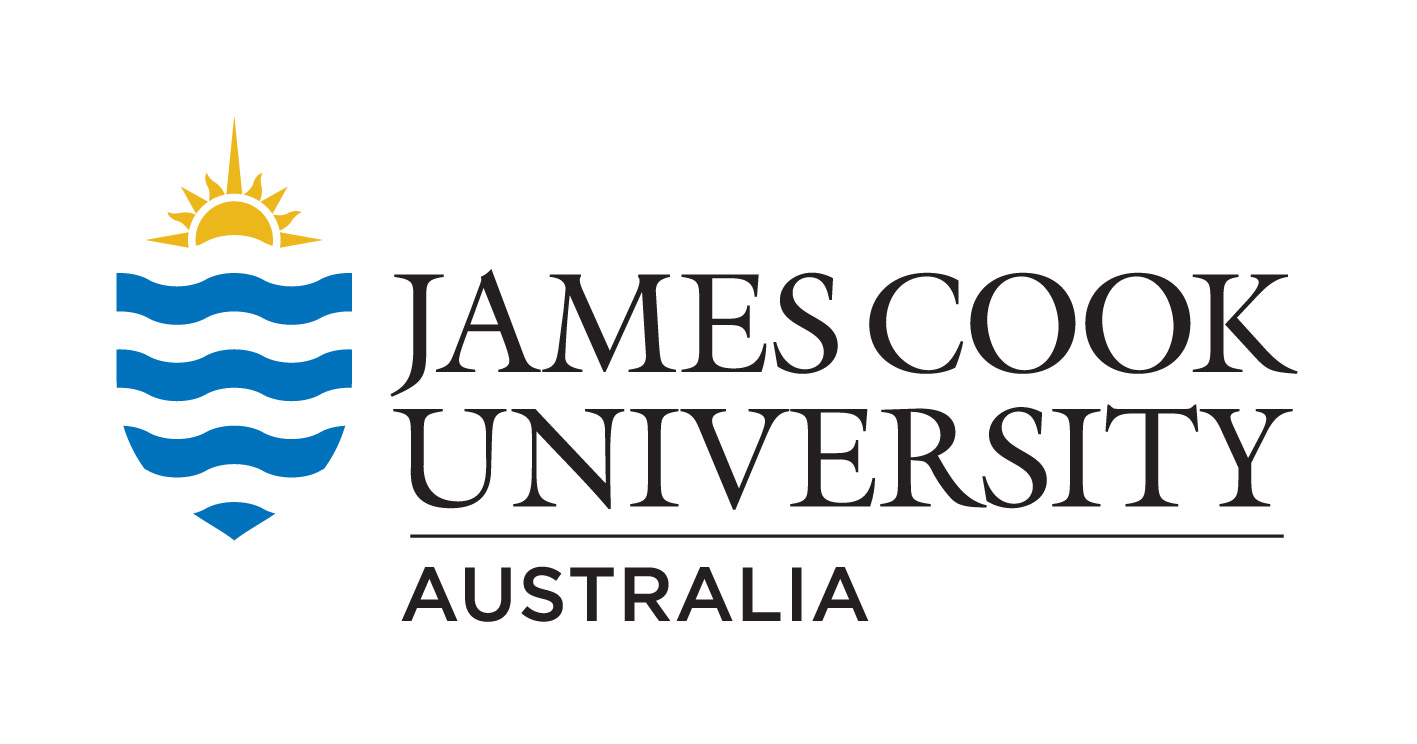Adaptation Pathways and Opportunities for the Wet Tropics NRM Cluster region (Volumes 1 and 2)
This report presents information intended to assist discussions about planning for adaptation to the impacts of climate change in the Wet Tropics NRM Cluster (WTC) region. It is clear that impacts of climate change are already being felt and that there will be unavoidable impacts even with immediate mitigation of greenhouse gas emissions. Continued high levels of greenhouse gas emissions will cause exceptional rates and scales of change in the future, and adaptation across all sectors of society will be inevitable. Planned adaptation will have better outcomes for communities than ad hoc, reactive responses, which would most likely be triggered by catastrophic events.
A previous report (Hilbert et al. 2014) outlined impacts of climate change in the WTC region, framed by the priority issues identified by NRM partners. In this present report, authors have considered potential adaptation options in relation to these impacts, and included additional specific issues identified by NRM partners for this report. The report has undergone scientific peer-review as well as detailed review by WTC NRM partners.
This report reflects the range of ideas presented in scientific literature relating to adaptation options for different sectors. This report is not an exhaustive review of adaptation options, nor does it present integrated analysis of the ecological, social, cultural and economic costs and benefits of different adaptation options. Adaptation options will interact in complex ways among sectors. The priority and desirability of different adaptation options, together with trade-offs between competing objectives, will need to be negotiated with regional NRM communities. This report is intended to inform and support that negotiation process.

